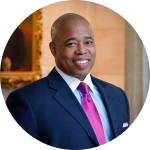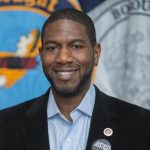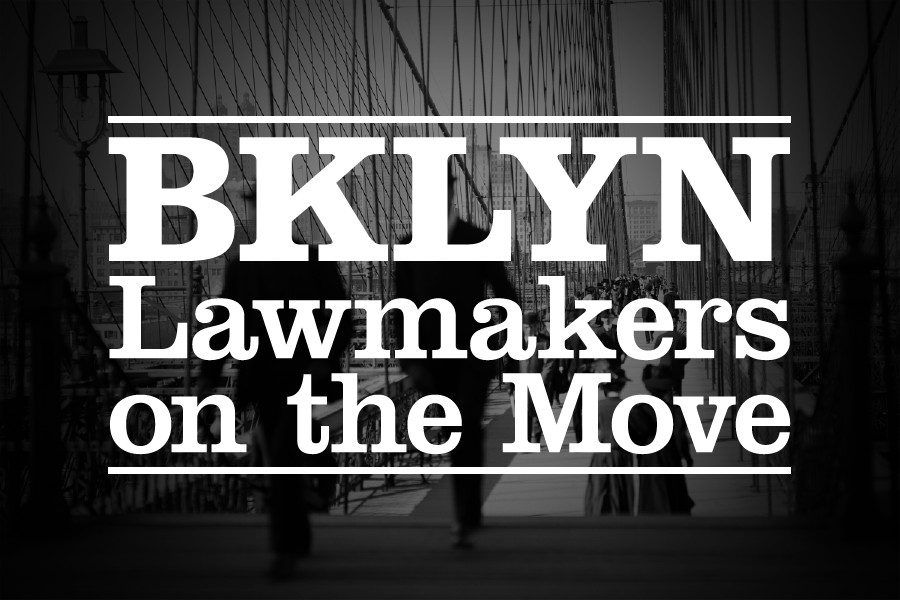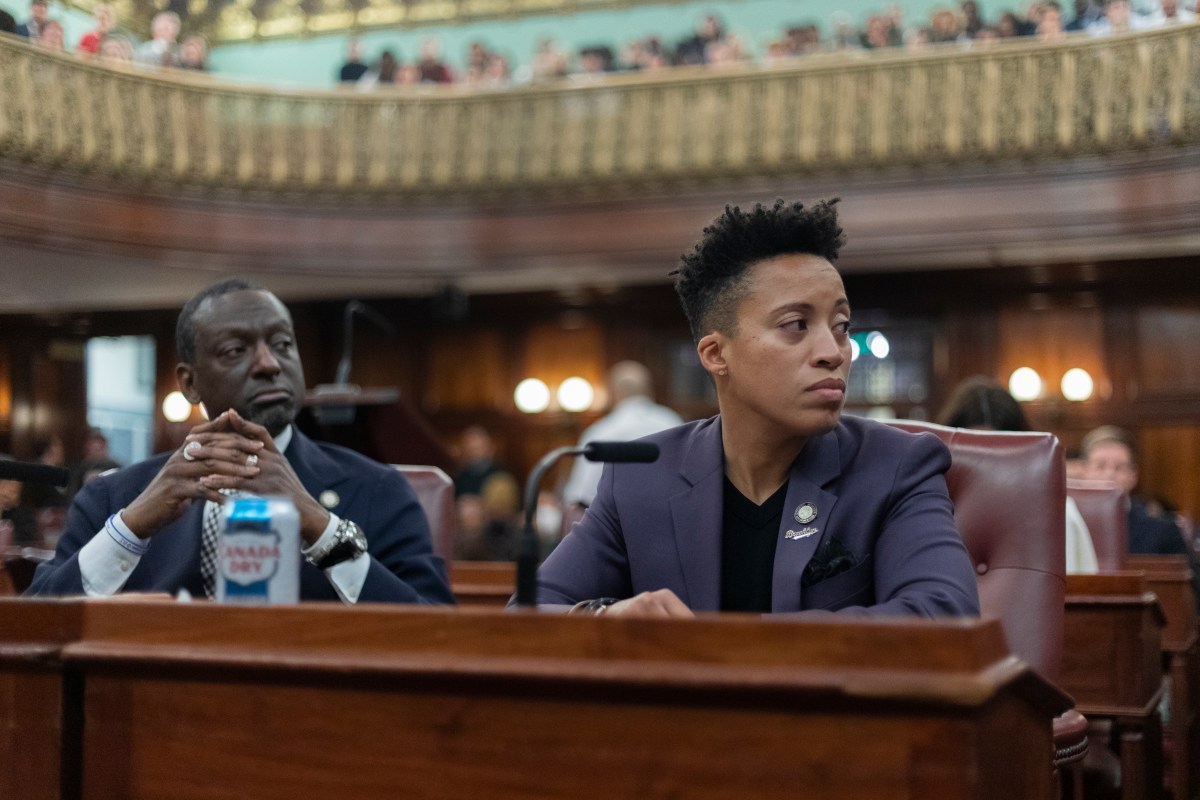BP Adams Hosts Celebration of Older Americans Month

Brooklyn Borough President Eric L. Adams will host a celebration in honor of Older Americans Month today, which is observed nationally in the month of May.
As part of the celebration, Adams alongside the New York Academy of Medicine (NYAM), the Brooklyn Public Library (BPL), and senior citizens from across Brooklyn, will launch a boroughwide survey aimed at making neighborhoods more inclusive from the perspective of older adults. The survey is part of Adams’ Age-Friendly NYC initiative.
The survey, developed in partnership with NYAM, will be sent to community-based organizations, government agencies, and senior centers throughout the borough, asking respondents a variety of questions on health care, parks, public safety, transportation, and other relevant topics.
Additionally, this year’s festivities will feature musical performances, free health trainings, and a senior resource fair. Adams will also honor Irving Demsky, an 87-year-old veteran who is the oldest full-time staff member at BPL, having worked at 14 different branches over more than 40 years.
The event is slated for 10 a.m., today, May 16, at Brooklyn Borough Hall – Court Room, at 209 Joralemon Street in Downtown Brooklyn.
Levin, Coalition Call On Mayor To Fund Anti-Hunger Program

City Council member Stephen Levin (D-Brooklyn Heights, DUMBO, Williamsburg, Boerum Hill) alongside 48 other council members called on Mayor Bill de Blasio to fund an anti-hunger program yesterday.
At Tuesday’s joint Executive Budget Hearing held by the Finance and General Welfare Committees chaired by Levin discussed the Emergency Food Assistance Program (EFAP). A anti-hunger program that currently supports the City’s food pantries and soup kitchens.
Levin and alongside Councilman Barry Grodenchik (D-Queens) presented a letter urging the Mayor to increase funding to the vital program. In the letter, the elected officials are demanding the EFAP budget increase to 22 million dollars for FY19 to keep up with rising food costs and increased demand. The current Executive Budget, announced by de Blasio earlier this year, proposes cutting the program by 4.9 million dollars compared to last year.
The City currently faces an annual meal gap of 242 million meals, a number that has escalated since November 2013. Cuts to the Supplemental Nutrition Assistance Program (SNAP) benefits, have costed vulnerable New Yorkers more than 161 million meals annually. Additionally, emergency food providers reported that at multiple points in 2016, their resources have often been depleted including about half of provider running out of food for adequate pantry bags or meals and more than 2 in 5 food pantries having to reduce the amount of food in pantry bags. Nearly one third of food pantries and soup kitchens across the city, have reportedly turned people away due to food shortages.
“The epidemic of hunger in our city disproportionately affects women, children, seniors, and communities of color and it’s critical that we can guarantee that no New Yorker is turned away from a pantry or soup kitchen. It is unacceptable that this Administration has failed to recognize the clear need to feed more than a million New Yorkers who depend on emergency food to survive,” said Levin, Chair of the General Welfare Committee. “
CM Williams Denounces Disparities In Marijuana-Related Arrests

City Council member Jumaane Williams (D-Flatbush, East Flatbush, Midwood) denounced City’s disparities in marijuana-related arrests yesterday.
Williams’ comments come off the heels of Mayor Bill de Blasio’s announcement that he will work to reduce the unnecessary arrests and disparity in enforcement for marijuana possession in New York City.
According to reports, last year, 86 percent of those arrested for low-level marijuana possession in the five boroughs were black and Hispanic, and less than 9 percent were white. National studies indicate that the use of marijuana is roughly equal among races.
On Monday, New York Police Department officials testified in front of the New York City Council about the disparities, which they claim are the result of enforcement policies driven by community complaints. In addition, a recent New York Times analysis found that in neighborhoods where people called about marijuana at the same rate, arrests were higher in the area with more black residents.
“As other states across the country legalize marijuana usage, the supposed progressive beacon of New York has been far behind on this issue. Even as the drug remains illegal in the state, it has been very clear that here in New York and especially in our city there has been a massive disparity in the degree and severity of enforcement against users,” said Williams.










